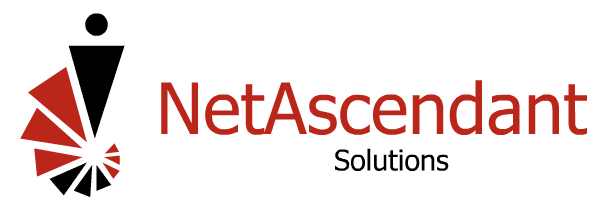Passwords – The Last Line of Defense
Passwords are often the last line of defense between the bad guys and your data, and unfortunately, following good password practices can be tough. Nowadays, almost every website requires us to create an account, and we all know how many websites and accounts that we utilize on a daily basis. At the same time, the existing computing power for cracking passwords is increasing, and massive data breaches keep exposing our accounts/passwords to the world at-large.You can limit your exposure to these risks by adhering to the following password management best practices:
Create complex passwords
Avoid using dictionary words, usernames, biographical information, ID’s, or obvious sequences.
Passwords should ideally be 12 or more characters long and have a combination of numbers, symbols, and mixed case letters.
To create a complex password, use memory techniques such as the following:
The Mnemonic Approach: Create a memorable phrase such as “The sly brown fox named George jumped over 2 fences yesterday!” and then utilize the first letter of each word – TsbfnGjo2fy!.
The Replacement Approach: Use a memorable word or phrase and replace letters with representative characters such as: MidlandTexas as M1dl@ndT3x@$.
The Passphrase Approach: Most passwords allow spaces, so create a multiple word phrase with a sprinkling of symbols to substitute length for complexity, such as: The $ly brown f0x
Use unique passwords for every account or service.
Statistics show that 73% of online accounts are guarded by duplicated passwords and that 54% of people use five or fewer passwords across all accounts. The issue with using the same username/password across multiple sites is that once one site is hacked, you are exposed everywhere else that this account/password is used. Don’t pay for someone else’s mistake.
Do not use your work email address/password for other accounts.
If you use your company email address and password on external sites, you put your company at risk. If that external site is hacked, the bad guys now have an easy entry point into your company’s network.
Use a password manager such as Dashlane or LastPass.
Following the above-mentioned rules can be difficult. Complex passwords can be a massive inconvenience and keeping up with numerous, different passwords is near impossible.
This is why people are turning to password managers such as Dashlane for assistance. If you use a password manager, you can use randomly generated passwords and not have to worry about duplicating them or remembering them. You only have to remember your master password. With this said, the master password that you use to access your password manager must be complex to avoid a brute force attack. Try using the preceding recommendation for establishing a complex password in creating your master password.

